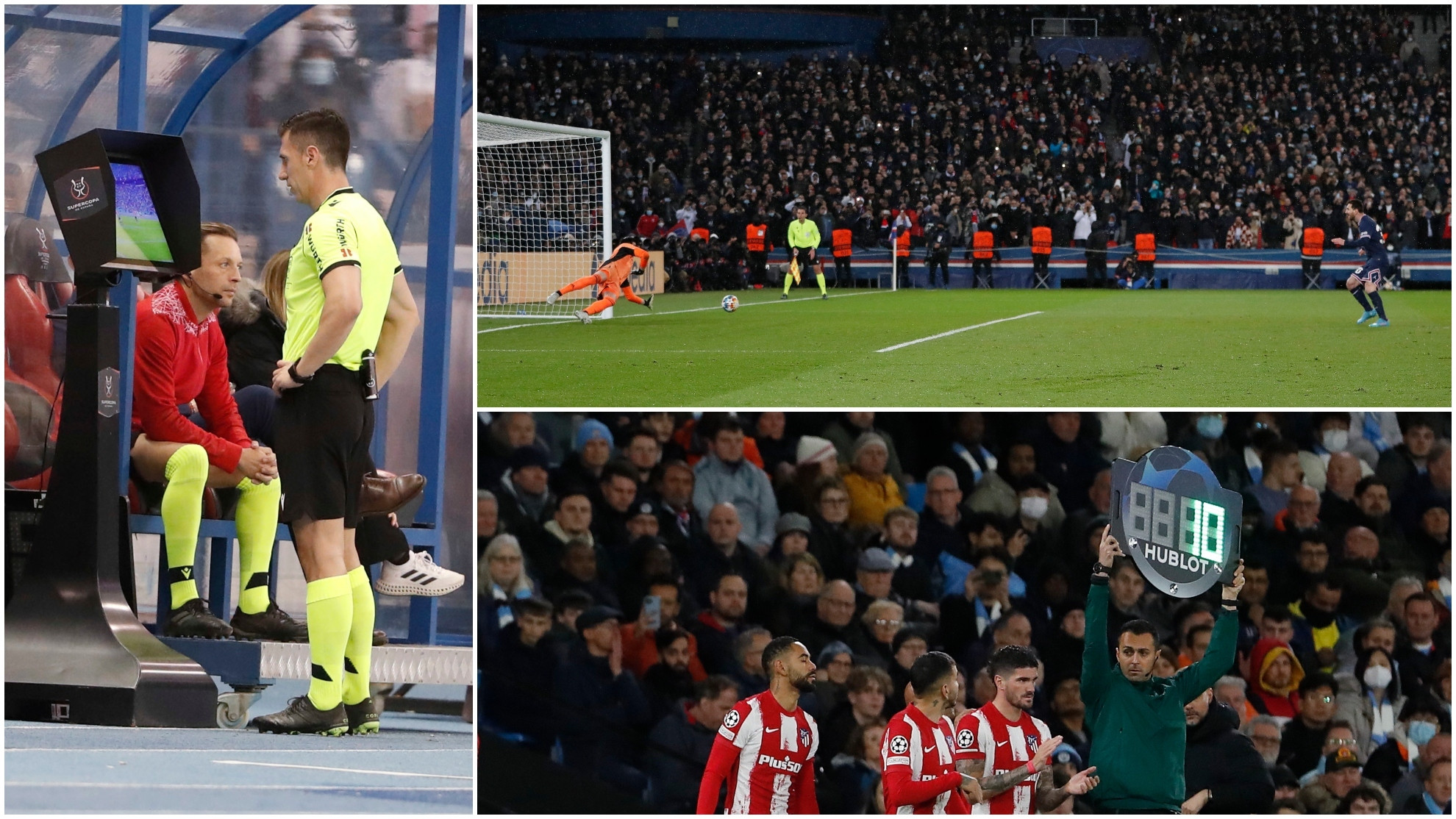
Whether you are a seasoned soccer coach with a passion for developing the game or a newbie, there are some essential tips for getting started. It is essential to be well-informed about the sport before you can become a successful coach. This means that you must be able to comprehend all aspects of the sport and have the desire to continue learning. Because soccer is constantly changing, tactics and formations are always in fashion, this is essential. Coaches must be aware of these changes and keep up-to-date with current trends.
Coaching clinics
All levels of soccer coaches can take part in coaching clinics. These seminars are led by experts in their field. All of the instructors are nationally certified, licensed coaches with many years of coaching experience. You can also find manuals and training materials on the website to help you improve your coaching skills.

Player-coach relationship
For successful coaching, a healthy relationship between coach and player is essential. It can help you build a better player and team. Some coaches and players may find it difficult to coach. These problems can result from the attitude or inefficiency of players, as well a feeling of disliking between coaches and players. These problems can make it difficult for both parties to work together effectively.
Smaller pitches
Training soccer on smaller pitches is different than playing on larger fields. For example, a full-sized game takes up 320m2. A small-sided match, by contrast, can be played on a smaller surface with fewer players, and has different rules. It is recommended that small-sided drills be replaced by smaller-sided ones. Small-sided games replicate full-sized matches' dynamic and complex nature, which includes interactions between teammates and opponents, scoring opportunities, quick decisions, and the possibility for scoring.
Smaller goal sizes
Goals with smaller sizes can be a great way to encourage players to improve their soccer skills. Using smaller goals allows a player to practice his or her shooting, dribbling, and passing skills against a smaller target. These smaller goals work well in games where there are no goalkeepers to worry about.
Communication with players
Communication is one of the most important aspects when coaching soccer. Coaching soccer requires that players listen carefully to their concerns and that they follow up if necessary. Asking them questions about schoolwork and their academic performance is a good idea. This will show that coaches are interested in their progress and care about their success.

Establishing a coaching philosophy
Coaching soccer is not easy. It will help you keep your team focused and on the right track. It will also help you deal with any discipline issues that may arise. It is essential to get feedback from every source in order to improve your philosophy.
FAQ
Can I play without special equipment for soccer?
Yes, it is possible to play without any special equipment. All you need is a ball, a field, and teammates. You can form a team with friends if you have enough people who are willing to help you.
Where can I purchase cheap soccer equipment
Sports goods shops can often sell inexpensive soccer gear. There are usually soccer balls, shin protectors, jerseys, as well other items, at discount department shops. You can also check out online retailers like Amazon.com.
What is a penalty kick in soccer
Penalty kicks are awarded to players who commit a serious foul or make dangerous plays. When this occurs, the referee awards the opposing team a penalty kick. This is a penalty kick that gives the opposing player a chance at scoring a goal if they can place the ball in the goal before time runs out.
Statistics
- Even with the new issuance, control of the club will be retained by the Glazer family as they will retain 67% of B shares which have voting power, so little will likely change in the general approach taken to the finances of the club. (sites.duke.edu)
- The Laws of the Game do not specify any player positions other than goalkeeper, [74] These positions are further subdivided according to the area of the field in which the player spends the most time. (en.wikipedia.org)
- Get 10% off your first purchase using code BLOG. (technefutbol.com)
- After hosting an entertaining World Cup finals in 1994, the United States possessed some 16 million football players nationwide, up to 40 percent of whom were female. (britannica.com)
- The word "soccer" is a British invention that British people stopped using only about 30 years ago, according to a new paper by University of Michigan professor Stefan Szymanski. (businessinsider.com)
External Links
How To
How to dribble soccer ball
Dribbling is a key skill in soccer, a sport played around the world. Dribbling refers to passing the ball quickly while maintaining your head up. It is one of the most important skills in football because you must have good technique to pass the ball to teammates. To keep the ball in their hands, the best players combine their feet and heads.
You should learn to dribble every day in order to improve your skills. You can improve your dribbling skills by practicing under pressure. You may also want to practice dribbling against a wall to see if you can maintain balance.
There are many ways to throw the ball. Some players prefer to move the ball forward while others prefer to start behind and then go ahead. Some players even attempt to spin and dribble the ball.
It helps to see professional soccer games on TV, especially if you're just beginning to dribble. Take a close look at the action to see the techniques used by the top players. You can then practice performing the moves as shown on screen. When you feel ready, try playing a game of soccer with your friends. You can have them try to stop you.